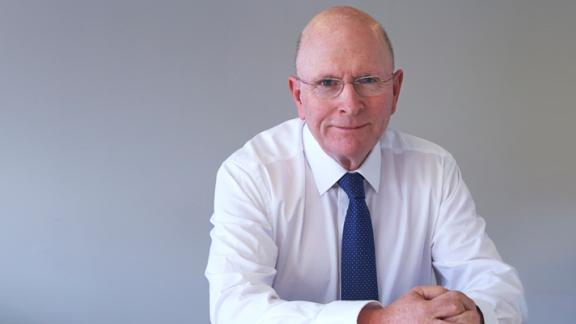What is our contribution to tackling health inequality?

We need to have an honest debate about health inequalities and the role that health services can and should play, writes Niall Dickson, chief executive of the NHS Confederation.
This week’s report from Sir Michael Marmot marks the end of the cosy assumption that we are all living longer, albeit that some are doing better than others. Women in deprived communities are dying younger than they were ten years ago.
It is a stark reminder that even a universal, free to access health service cannot on its own address this problem. To use the old cliché, adding years to life and life to years requires a much more inclusive approach recognising that healthcare accounts for less than a third of the population’s health. And there is an irony – only by identifying those in most need and targeting services to support them will the universal service be effective. To be more equal we need to be less equal.
The Long Term Plan for England rightly points out that we cannot treat our way out of inequalities; it promises extra funding for areas with unmet need and local action to narrow inequalities over the next five and ten years.
There is indeed much that can be done directly through our services – we can cut smoking in pregnancy, make sure people with learning disabilities and/or autism are given much better support; provide outreach services to the homeless and support those with severe mental illness find work.
We can improve uptake of screening services among key vulnerable groups. We can make sure we target secondary prevention to extend lives in a short timescale among deprived communities. And we can start to use population health management techniques at all levels to identify need and match services to meet them. That incidentally is a continuing and welcome focus of the NHS Assembly.
But perhaps across the UK we also need a vision and a mission which brings together local effort with specific goals to narrow the gap. It will mean new partnerships with other public services, with the community and voluntary sector and with industry, and new types of service.
This is also surely a time for realism with stretching but achievable goals. The service has shown it can respond to targets – maybe we need to set ourselves firm objectives to improve the lives of those who are currently being left behind.
At the same time we are watching with interest the government’s ‘levelling up’ agenda. As many of you will know, we have been focusing on the links between health and economic development, working with members to understand and develop the considerable opportunities in this area – it is an aspect Michael Marmot referred to extensively.
And we must maintain pressure on governments to give us the tools to deliver and that includes a proper capital settlement, major investment in public health, as well as funding and reform for social care.
Niall Dickson is chief executive of the NHS Confederation, Follow him on Twitter at @NHSC_Niall



